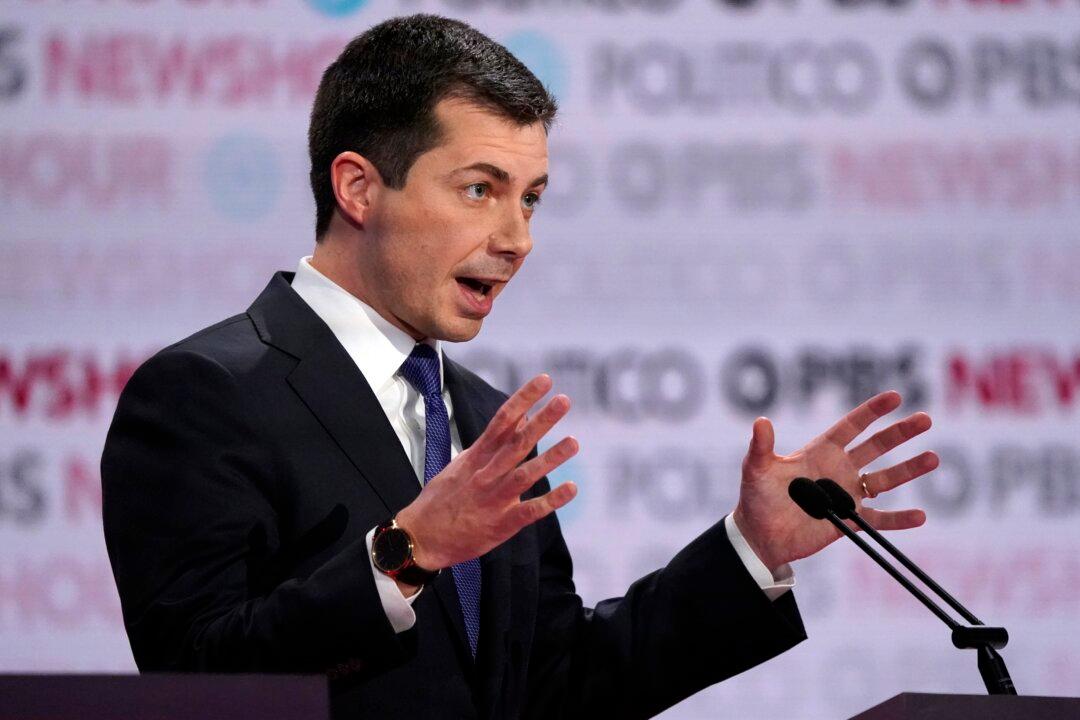South Bend Mayor Pete Buttigieg championed reparations for people who enter the United States illegally if they are minors who were detained at the border by federal immigration officers.
Buttigieg said last month that the U.S. government should give compensation to children separated from their families at the southern border. He was asked if he was committing if he was elected to providing financial compensation to those children.





